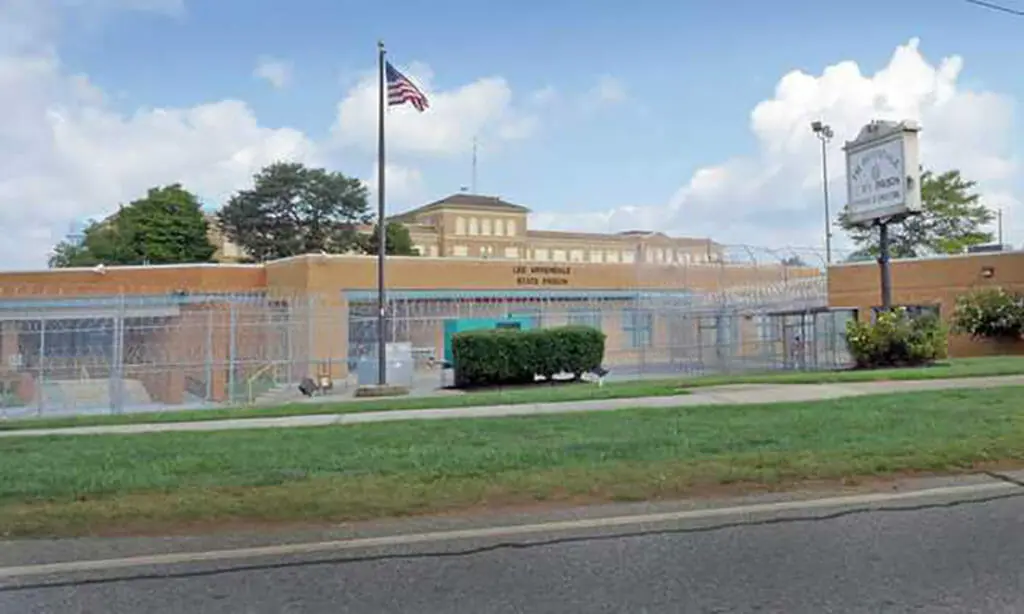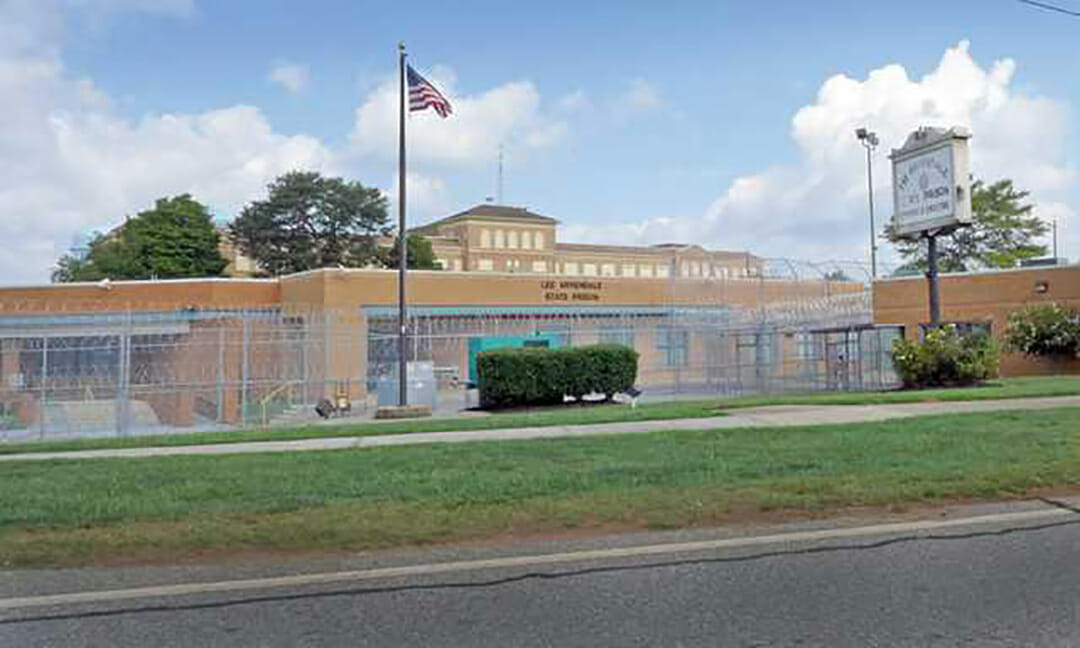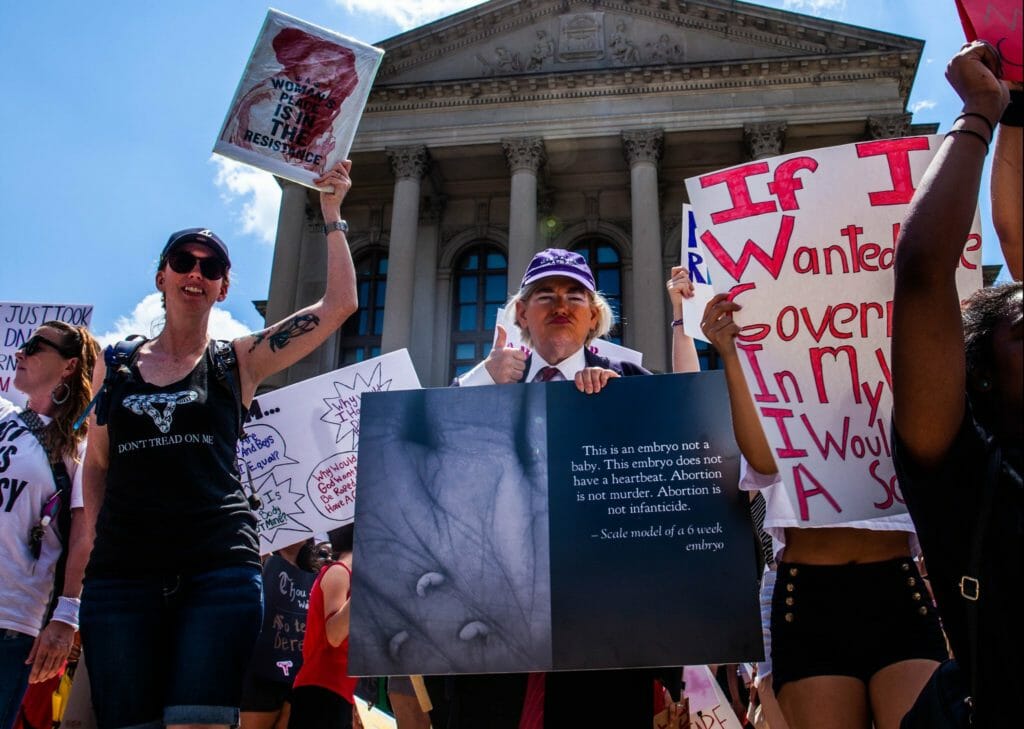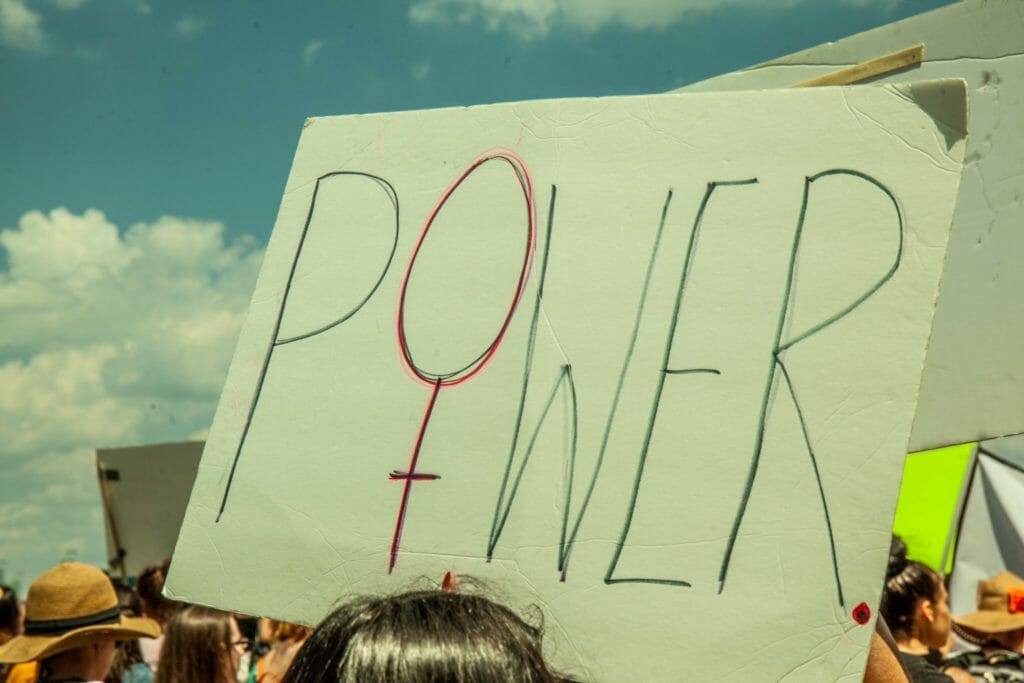
RAUOL, GA. — On Fri., April 9, the Southern Center for Human Rights issued a letter to Warden Murray Tatum of Lee Arrendale State Prison, the largest women’s facility in Georgia. The human rights organization outlines concerns with multiple abuses, including the shackling and solitary confinement of women who have recently given birth. The organization has requested a response from the prison by April 20.
The letter, written by Managing Attorney Atteeyah Hollie and Legal Fellow Jesse McGleughlin, provides specific examples of unlawful and unconstitutional conditions which have been directly reported to SCHR by women incarcerated in the facility. Arrendale State Prison became an exclusively all-women facility in early 2005 after a number of young male detainees were moved to other prisons in the state. In 2006, the prison took in 350 women prisoners from Georgia’s overflowing jail system. It holds 1,206 women as of March, 2021.
According to the SCHR, new mothers are locked in cells for nearly 24 hours each day and shackled, despite experiencing physical pain and medical complications from labor. They are sometimes kept in confinement in the same bloodied clothes they wore during childbirth. The women report they are shackled in confinement for “no justifiable reason.”
These conditions of confinement are in violation of federal law, as well as a 2019 state law that prohibits a prison, jail, or law enforcement from using “handcuffs, waist shackles, leg irons, or restraints of any kind” on a woman in the immediate postpartum period, which is up to six weeks after giving birth. In addition to these deplorable conditions, women report that those in the immediate postpartum period do not receive regular check-ups, postpartum care, or sanitary products, in general.
“Giving birth and then being separated from your new baby is deeply traumatizing,” says McGleughlin. “But to shackle new mothers, and place them in solitary confinement, is unimaginably cruel. Arrendale’s treatment of vulnerable people, including those suffering from COVID-19 or those who have recently given birth, demonstrates a callous disregard for incarcerated people’s lives, and is against the law.”
Among those who reported being shackled during the immediate postpartum period is S.T., who delivered her baby by emergency cesarean section, or C-section, on Oct. 27, 2020. SCHR reports she experienced multiple complications during her 29-hour labor, including “an inability to dilate, a drop in her baby’s heart rate, and abnormal levels of pain that required two epidurals.” After delivery, S.T. was “shaking and sweating so severely that she struggled to hold her baby, who was taken from her soon after.” Less than 48 hours after giving birth, the report says, S.T. was placed in a transport van with her ankles in iron shackles for the 71-mile trip to Arrendale. Over the course of the next week at the facility, S.T. experienced “excruciating pain, vomited green fluid, and developed sepsis, a potentially life-threatening condition.”
According to the report, despite S.T.’s apparent symptoms and condition, officers placed iron cuffs around her ankles and wrists along with a metal chain around her abdomen to transport her 12 miles to Habersham Medical Center, the nearest hospital, on Nov. 4. At Habersham Medical Center, physicians diagnosed S.T. with excess water in the lungs, fluid build-up around her heart, and an abdominal infection that required immediate surgery. She was taken that day via ambulance to Northeast Georgia Medical Center Intensive Care Unit, where she had surgery and remained for the next 12 days. Nineteen staples were needed to close the large surgical opening in her stomach.
The SCHR report further details S.T.’s experience along with four others. Among them is the story of S.B., who was placed in solitary confinement two days after giving birth, where she remained in the same bloodied pajamas she wore during delivery for 13 days. The report explains she asked for clean clothes for two weeks, but did not receive them. She also “hardly ever received ice, had no hot water, and had only sporadic access to a phone to call her baby’s caregiver and check on her newborn daughter.”
The SCHR also reports that women sick with COVID-19 are placed in medical isolation in “filthy, mold-covered cells for days or weeks without consistent medical care and without regular access to drinking water, sanitary products, and communication with friends and family members.” Because they fear their treatment in punitive medical isolation, women who contract COVID-19 often do not report their symptoms.
Both an underlying cause and an exacerbating factor in the inhumane treatment of highly vulnerable people, such as new mothers and COVID patients, is the fact that the Arrendale facility is severely understaffed. As of December 2020, the prison had a staff vacancy rate of 62 percent and the highest rate of staff turnover of any closed maximum security facility in Georgia. As a result of this understaffing, housing units are regularly left unsupervised for hours at a time, compromising safety and access to necessary regular and emergency medical care.
Hollie and McGleughlin say that multiple women report they attempt to nurse each other back to health, because there are “simply not enough nurses or doctors at the prison.” In addition to medical neglect, people incarcerated at Arrendale report stabbings, beatings, and thefts have increased because there are too few guards around to stop them.
“Not only does understaffing result in dire consequences for people with medical crises,” the letter explains, “but it also threatens women’s safety and wellbeing across the prison. Understaffing naturally results in an increase in violence; multiple women report that stabbings, beatings, and thefts have increased because there are too few guards around to stop them. In addition, women report that there is no officer supervision in the kitchen. As a result, women receive small meal portions and are constantly hungry. Although we recognize the additional burdens placed on officers as a result of the COVID-19 pandemic, the prison must ensure that officers are able to provide safe environments and necessities for women.”
Additionally, incarcerated women with diabetes are unable to receive insulin when needed, and regular medication dispensation (known as “pill call”) happens irregularly, if at all. Additionally, women with long-lasting symptoms of coronavirus are unable to receive regular medical care. It was reported that one woman with COVID-19 symptoms became unresponsive while detained, but witnesses were unable to get any officers’ attention for 45 minutes.
Although it is easy to recognize that the coronavirus pandemic has triggered and exasperated certain challenges, making Arrendale one of the most understaffed prisons in the state, SCHR says steps to rectify these harms are not a matter of increased spending for the prison system. Last year, the organization pressured facilities to release eligible women and utilizing decarceration as a means to avoid and prevent unnecessary suffering and cease human rights violations. SCHR joined the Georgia Justice Reform Partnership in an open letter written to the Georgia Department of Corrections last year, urging for immediate actions in light of the coronavirus pandemic.
According to a report issued by the Georgia Budget and Policy Institute in February, corrections agencies are now operating under Gov. Brian Kemp’s “4 and 6 percent budget reductions” for the amended Fiscal Years 2020 and 2021, respectively. The Georgia Department of Corrections has since proposed minor spending increases by “utilizing the federal CARES Act funding to cover expenses related to the COVID pandemic; transferring savings from other GDC program areas to account for greater expenses in health care, substance abuse treatment and inmate housing facilities; utilizing existing funds for 10 percent GDC staff pay increases; and requesting one-time additional state funding to replace vehicles for inmate transportation, staff use and emergency response.”
SCHR has asked the Georgia Department of Corrections to investigate these reports and “ensure that new mothers and others at Arrendale are treated with dignity.” Organizers say they expect the warden to respond and address these unconstitutional issues. A lack of response would warrant a continued investigation and potential litigation measures.




